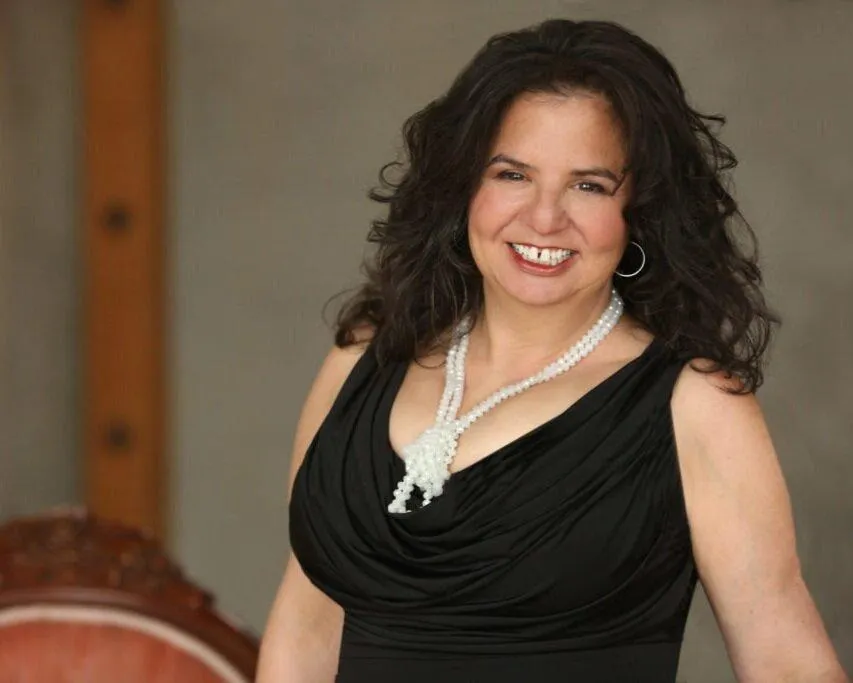Deborah Kat Coaching
Have more of your relationship DESIRES
without blowing up what you already have…
💞 How’s Your Relationship Really Doing? Take the Couples Connection Quiz
In just 5 minutes, discover your relationship’s strengths and hidden growth areas.
Take the Quiz Now →Let’s be real…
With the rush of work or a life spent mostly on a computer, I know it’s easy to let things slip like relationships, family, free-time and a sex-life.
And then, even when you might have some time away from your work for those things, they can feel more like more draining demands rather than energizing fun.
You want more from your relationships, but worry that asking for more might blow up everything that’s comfortable, right?
Does it seem too late to have your desires met?
I want you to know: That does not have to be true.
I believe that EVERYONE (yes, including you) can have the delicious, juicy relationships that you are craving.
Hi, I’m Deborah, and I am passionate about supporting people to understand each other so you can have more of what you want without blowing up what you already have.
As a result of the work I do there is the opportunity for you to heal your relationship past to create a more empowered, juicy, satisfying relationship going forward.
"I was feeling confused about how to channel my inner drive into positive channels as I was settling into my forties. Deborah helped me discover healthy outlets for my energy that has me feeling satisfied and revitalized." ~John

Ready to take the next step towards a juicy relationship?
Ready to
take the next
step towards
a juicy
relationship?
Would you like
to know more
about your sex and
intimacy guide?

Would you like
to know
more about
your sex and
intimacy guide?
“Before I say anything else, please let me start by saying THANK YOU! Nothing Linda and I have done over the last several years has brought us closer together than the time we spent with you last Saturday. Your tenderness to her brought her to tears and helped us share things about ourselves that we have never done before. While I thought Tantra had some good elements, I didn't realize how powerful and effective it could be. Before we met, you asked what would "satisfy" me. I told you that I wasn't sure, but that I didn't think Tantra would be very satisfying. I was wrong. Looking into each other's eyes and the touching exercises we did together, under your direction, still move us both powerfully, even though we did them almost a week ago.” ~Joshua & Linda

I’d love to show you how desire & connection can transform your life.
Get your FREE "Top 10 Intimacy Tips for Lovers, Playmates & Partners
You’ll also receive my regular newsletter, “Pillow Talk” where you’ll get practices, tips and guidance for better, satisfying sex and info for upcoming events, workshops and online appearances.


